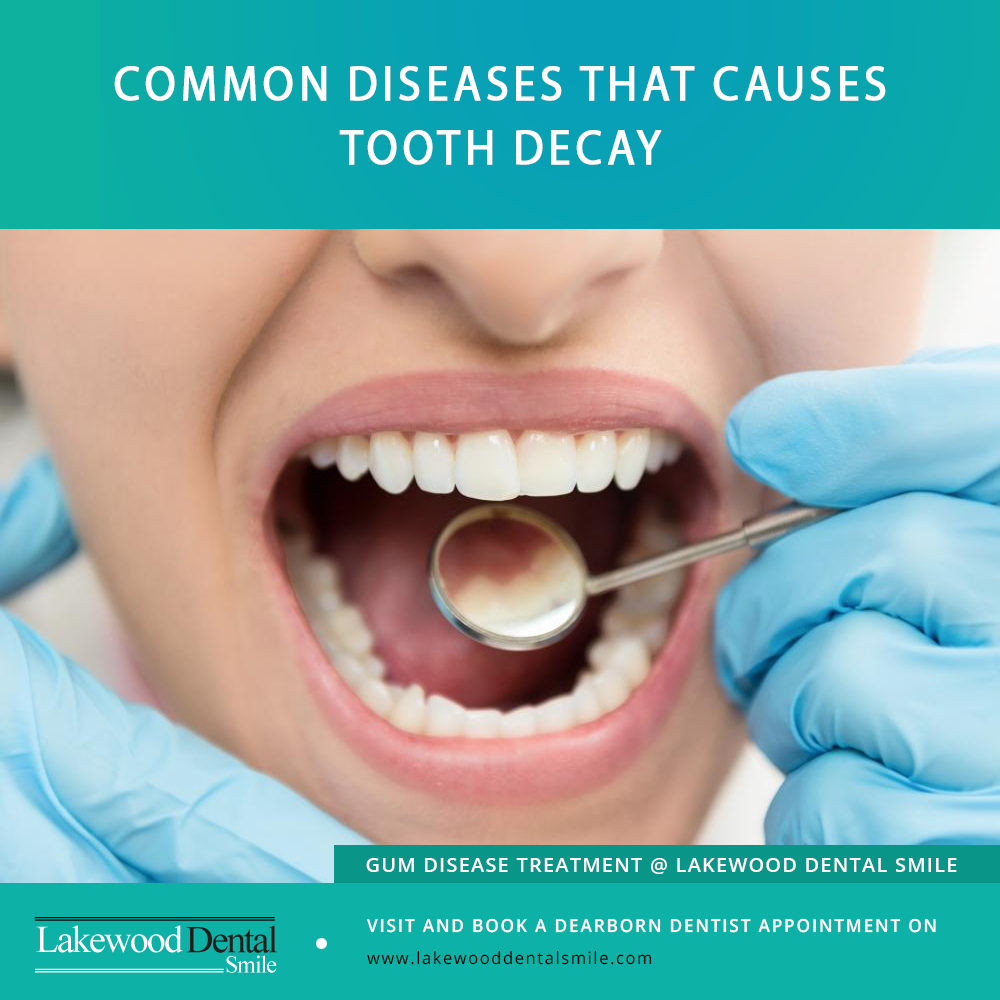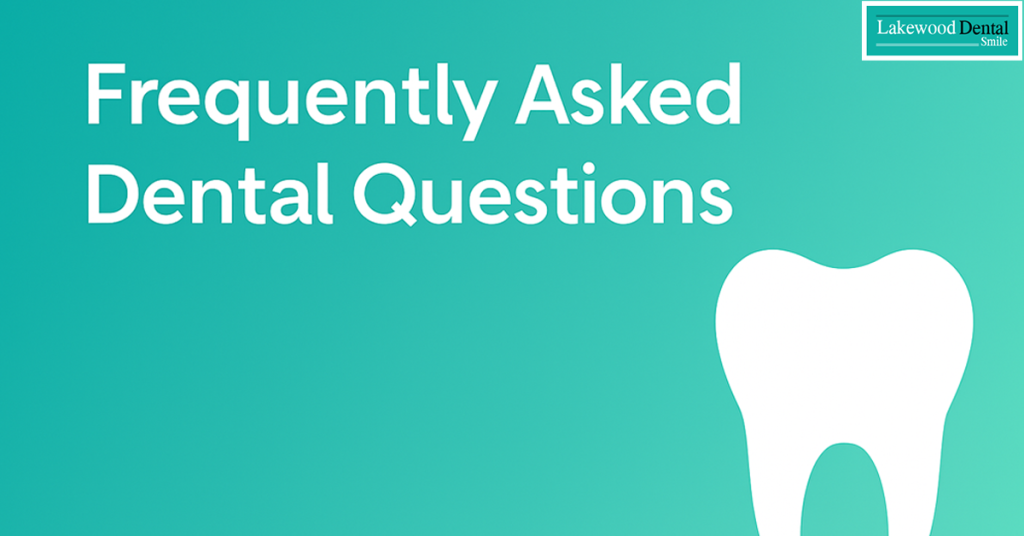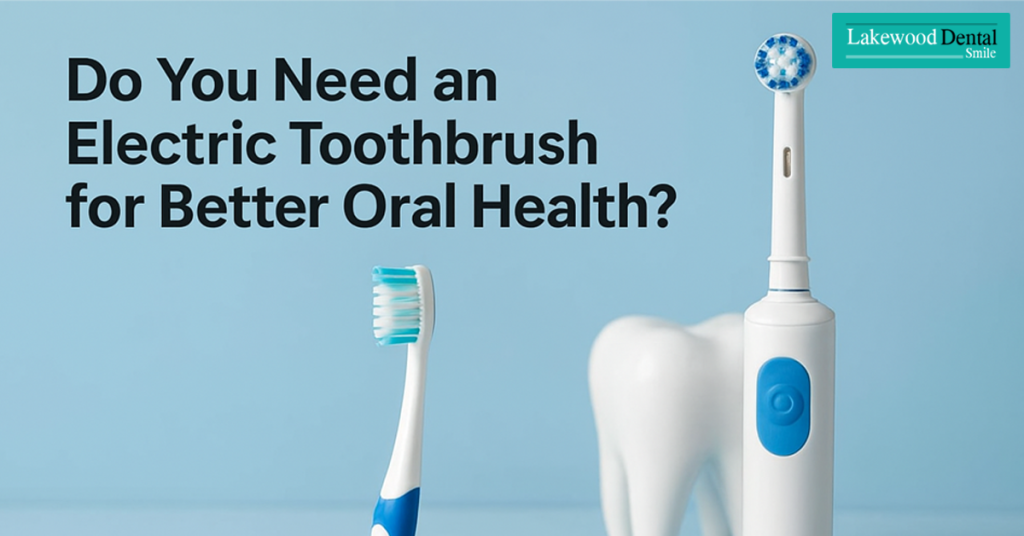Diseases linked to tooth decay often reveal how oral health and overall health are deeply connected. Your mouth can show early signs of several medical problems long before other symptoms appear. When the body experiences disease, these signs can begin in the mouth. Understanding this connection helps prevent decay and supports your general well-being.

The Mouth–Body Connection
The body functions as one interconnected system. If one part suffers, others often follow. Similarly, oral health problems such as cavities and gum disease may indicate deeper medical conditions. Dentists don’t just examine teeth; they also assess your medical background, lifestyle, and medication history because these factors can reveal underlying diseases linked to tooth decay.
1. Diabetes
Diabetes is one of the most common diseases linked to tooth decay. Elevated blood sugar reduces your body’s ability to fight bacteria, allowing plaque to build up. Diabetic patients often experience dry mouth due to reduced saliva, which increases acid and bacterial activity. The less saliva you have, the higher your risk of cavities and gum infections.
Furthermore, gum disease can raise blood sugar levels, worsening diabetes in a damaging cycle. Proper glucose control and regular dental visits can help break this link.
2. Autoimmune Conditions
Autoimmune disorders cause the immune system to attack healthy tissues, including those in the mouth. One major example is Sjogren’s syndrome, which drastically reduces saliva flow. Without enough moisture, harmful bacteria multiply and trigger tooth decay.
People with autoimmune conditions should see their dentist regularly and use prescribed saliva substitutes or hydrating mouth rinses to help maintain oral health.
3. Eating Disorders
Conditions like anorexia and bulimia also contribute to tooth decay. Frequent vomiting exposes teeth to strong stomach acids, eroding enamel and making them prone to cavities. In addition, nutritional deficiencies from restricted diets weaken enamel and gums. Over time, the teeth may appear yellow, brittle, and sensitive.
4. Gastroesophageal Reflux Disease (GERD)
GERD is another often-overlooked disease linked to tooth decay. Acid reflux brings stomach acid into the mouth, gradually wearing away tooth enamel. This leads to sensitivity, discoloration, and cavities. Patients with GERD should seek both medical and dental treatment to manage acid exposure and minimize tooth erosion.
5. Chronic Kidney Disease
People with kidney disease often experience an imbalance in calcium and phosphate levels, leading to weaker bones and teeth. Chronic kidney disease also causes dry mouth and metallic taste, both of which encourage tooth decay. Staying hydrated and maintaining oral hygiene helps protect teeth from bacterial buildup.
6. Heart Disease
Heart disease and oral health share a close relationship. Bacteria from untreated tooth decay or gum disease can enter the bloodstream, increasing inflammation in arteries. Good oral hygiene—brushing, flossing, and regular cleanings—can reduce both dental and cardiovascular risks.
How to Prevent Tooth Decay from Disease
Follow these expert tips to minimize your risk of diseases linked to tooth decay:
- Brush twice a day with fluoride toothpaste.
- Floss daily to remove food debris.
- Drink plenty of water to encourage saliva production.
- Limit sugar and processed food intake.
- Inform your dentist about ongoing health conditions or medications.
- Schedule regular dental checkups for early detection.
Even if you manage a chronic disease, good oral habits protect both your mouth and overall health.
Final Thoughts
Your oral health reflects your body’s well-being. Recognizing the diseases linked to tooth decay allows early intervention and helps prevent serious dental complications.
If you experience persistent dry mouth, sensitivity, or frequent cavities, don’t delay professional care. The compassionate dental professionals at Lakewood Dental Smile in Dearborn, Michigan, provide trusted preventive and restorative treatments to help you maintain a confident, healthy smile for life.




